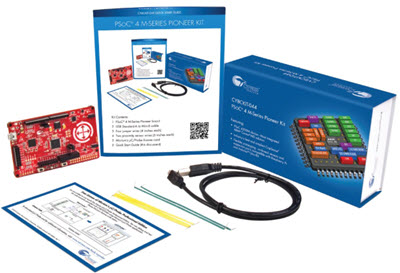
|
For novel ideas about building embedded systems (both hardware and firmware), join the 35,000 engineers who subscribe to The Embedded Muse, a free biweekly newsletter. The Muse has no hype and no vendor PR. Click here to subscribe.
|
Published 7/18/2005
Read any software company's 10-K statement to the SEC. Long tables list the companies' assets and liabilities. Droning paragraphs give managements' analysis of the data, prospects for the future, and excuses for past performance.
The profit and loss statement is always interesting as it describes where the money went over the last quarter or year. But the real meat lives in the balance sheet, an accounting of the company's current net worth. It starts with the assets - cash, investments, goodwill, buildings, furniture and equipment, and then describes liabilities.
But there's one thing missing, one thing that has more value than the silly desks, chairs and oh-so-rapidly depreciating PCs that are part of the "furniture and equipment" category: IP. Isn't it astonishing that accountants still view software and other forms of intellectual property as valueless?
How much is Windows worth to Microsoft? If their entire campus were torched, if every physical asset disappeared in some cosmic joke of fate, they'd survive. But if that same fate befell their IP, if Windows' source code disappeared, they'd likely fail.
Windows is worth billions, maybe hundreds of billions to that company, yet no accountant recognizes its value. They're too busy toting up the cost of the stationary.
What about Cisco's ASIC design files? Even Michael Jackson tracks the value of his Beatles songs, mere bits stored on tapes or CDs. Yet Apple's iTunes library and iPod designs have, according to standard accounting practices, no value. How are those bits different than the ones organized by Lennon and McCartney?
At most companies inventory lives behind a locked fence. A stern-faced clerk makes you sign for every part. Want a tenth-of-a-cent resistor? Fill out the form. In duplicate. But inventory is itemized on the balance sheet, so accounting insures that asset is as protected as the business's cash balance.
Yet IP often lives on uncontrolled servers, vulnerable to angry employees and acts of God. Or simple typos. I remember entering rm -r once and a second later having that "oh no!" moment.
If the balance sheet listed IP all source would live behind some virtual locked fence, guarded by a dour-faced clerk or unfriendly bit of software. And that might indeed be a good thing. Over half of us don't make use of even the most minimal sort of configuration management, so we routinely experience expensive problems. The NEAR spacecraft failure was partially attributed to a CM issue - they launched the wrong code! Two versions of the 1.11 flight code existed; one was tested, and the other was used. The FAA announced in the late 90s they lost all of the code to control flights between Chicago O'Hare and the regional airports. No one used a version control system and an angry employee purposely deleted it all.
If CPAs tracked IP they'd quickly understand the ethereal nature of software and other designs, and they'd quickly learn how a single transient can wipe out most of a company's value. Petty pilferage of inventory would drop to a side issue as they designed robust backup strategies.
And that might be just what we need.
Uttering the words "it's just a software change" would become a firing offense. Mention a quick upgrade and the accounts would gasp "you want to do what? Do you have any idea of the value of that asset you plan to desecrate?"
Track the real value of software and the accountants will complain bitterly to upper management when impossible schedules threaten to wreak havoc with the code. Maybe - just maybe - estimation would become a real process respected by everyone. After all, no CFO will permit management to raid cash coffers unless there's a demonstrated need. They require a disciplined cash management strategy, one recognized by the SEC and their own accounting board.
Track the value of IP, and the only companies abusing their code will be the Enrons, social outcasts doomed to fail.


